



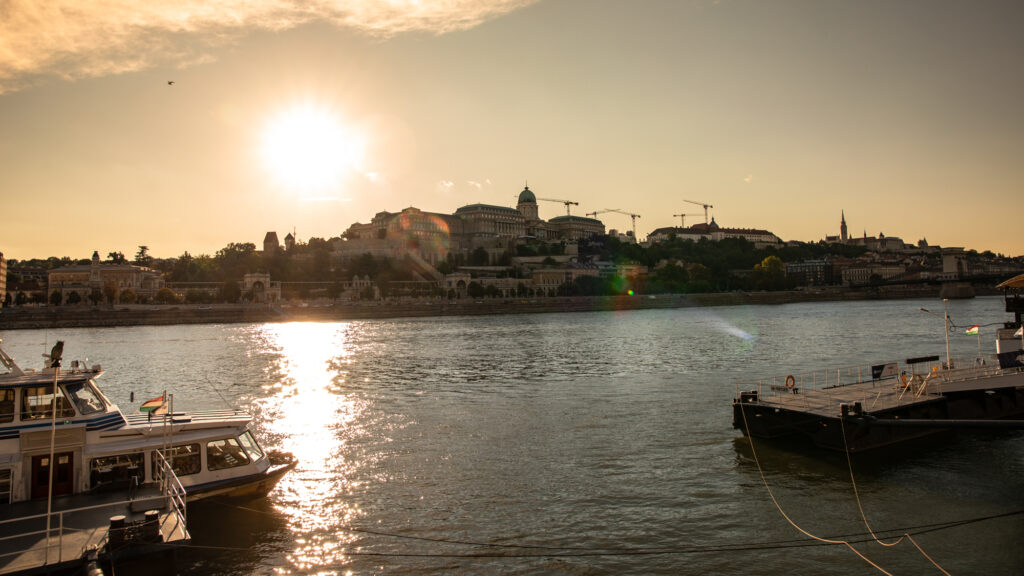
Budapest has received the Global Smart Green City Award in Geneva for its progressive environmental and climate strategy. The recognition places the Hungarian capital among Europe’s leading sustainable cities, highlighting its work on clean energy, green spaces and smart urban governance.

Revolut UAB has officially been added to the Hungarian central bank’s registry, paving the way for local HU IBAN accounts in Hungary. The update could soon simplify transfers for more than 1.5 million Hungarian users, as Revolut prepares to launch its domestic branch.

Brilliant autumn colours greet visitors at the University of Szeged Botanical Garden this Saturday, where the traditional Japanese Momiji celebration will showcase fiery maple leaves alongside cultural programmes, guided walks, music, and arts inspired by Japan.

‘Children often see the internet as their natural environment, yet may be unaware of the dangers it contains, making informed parental guidance essential.’
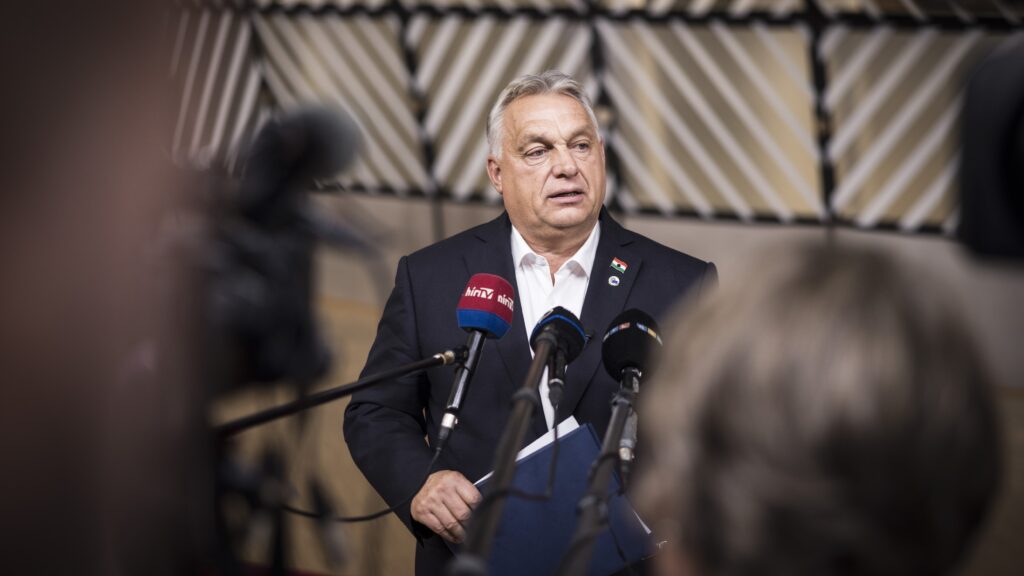
A new analysis from the Center for Fundamental Rights claims the governing Fidesz–KDNP coalition maintained a strong lead in October, while the TISZA Party continued to struggle amid controversies over data leaks, policy proposals, and public communications.
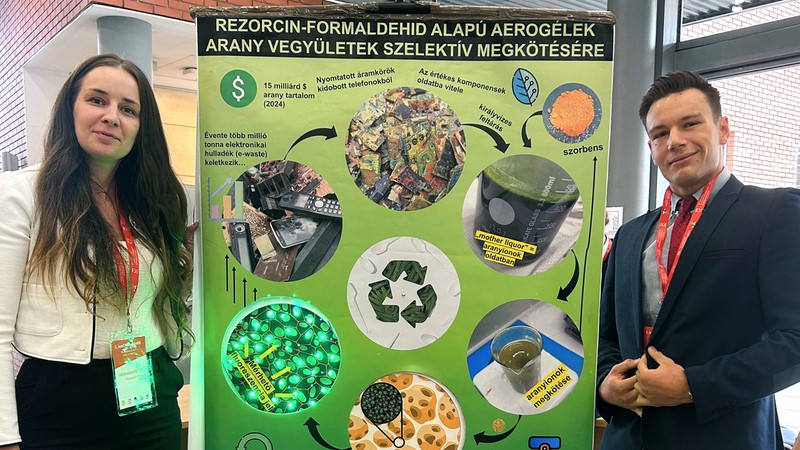
A breakthrough by young researchers at the University of Debrecen could transform the way valuable metals are recovered from electronic waste. Their newly developed aerogel offers the most efficient and sustainable method yet for extracting gold, and the innovation has already won a major Hungarian award.

Hungary’s nuclear sector is internationally competitive and remains a strategic pillar of the country’s future economic performance, Foreign Minister Péter Szijjártó said in Paris. As global energy demand surges, he stressed that only nuclear power can meet long-term needs safely and affordably.

Skywatchers in early November will have the chance to observe the Southern and Northern Taurid meteor showers, known for their bright, slow fireballs. The two showers peak on 5 and 12 November, offering many nights of spectacular autumn viewing.

Eötvös Loránd University and the Digital Heritage National Laboratory have unveiled a new AI-optimized high-performance server, boosting Hungary’s digital heritage and language technology research with major national support.

Hungary continues to report strong employment figures, with the number of registered jobseekers down significantly compared to 2010. The government says rising wages and supportive programmes are helping keep unemployment among the lowest in the EU.

Hungary has adopted its first Artificial Intelligence Act, aiming to ensure that citizens and small businesses benefit from technological change while remaining protected. The government says the law will create safe, transparent and responsible AI use across the country.
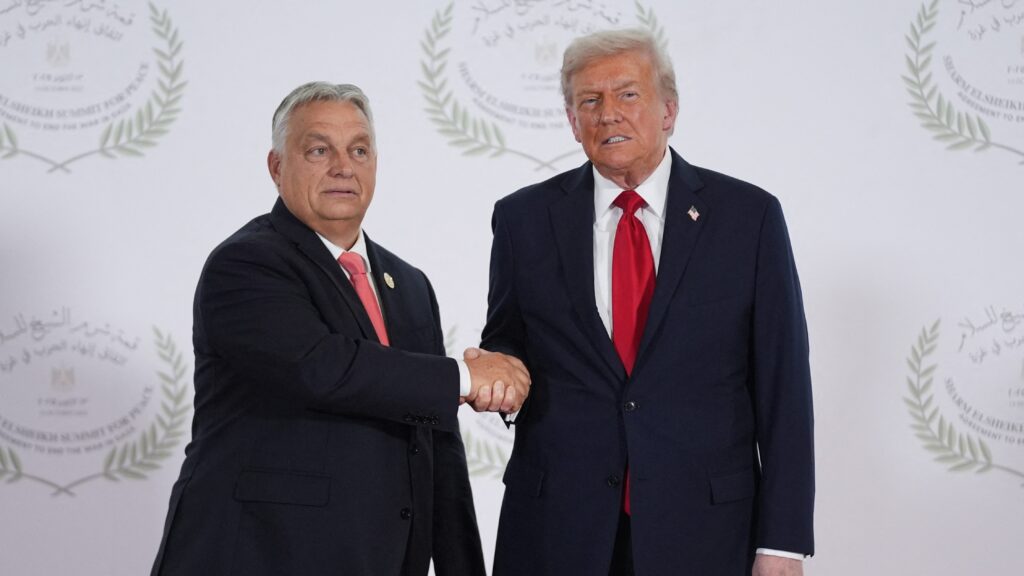
Hungary expects a broad agenda at the upcoming Washington meeting between Prime Minister Viktor Orbán and US President Donald Trump, including the war in Ukraine and future cooperation in defence, energy, and the economy, according to Orbán’s political director.

Hungary successfully concluded its largest military exercise since the political transition, the Adaptive Hussars 2025. The NATO-linked drill tested the army’s full spectrum of capabilities and marked a milestone in Hungary’s ongoing defence modernization.

Prime Minister Viktor Orbán warned that Europe is on the brink of a new arms race and drifting toward war, urging Hungary to remain on the side of peace while outlining his government’s economic plans, including pension reforms and wage programmes.
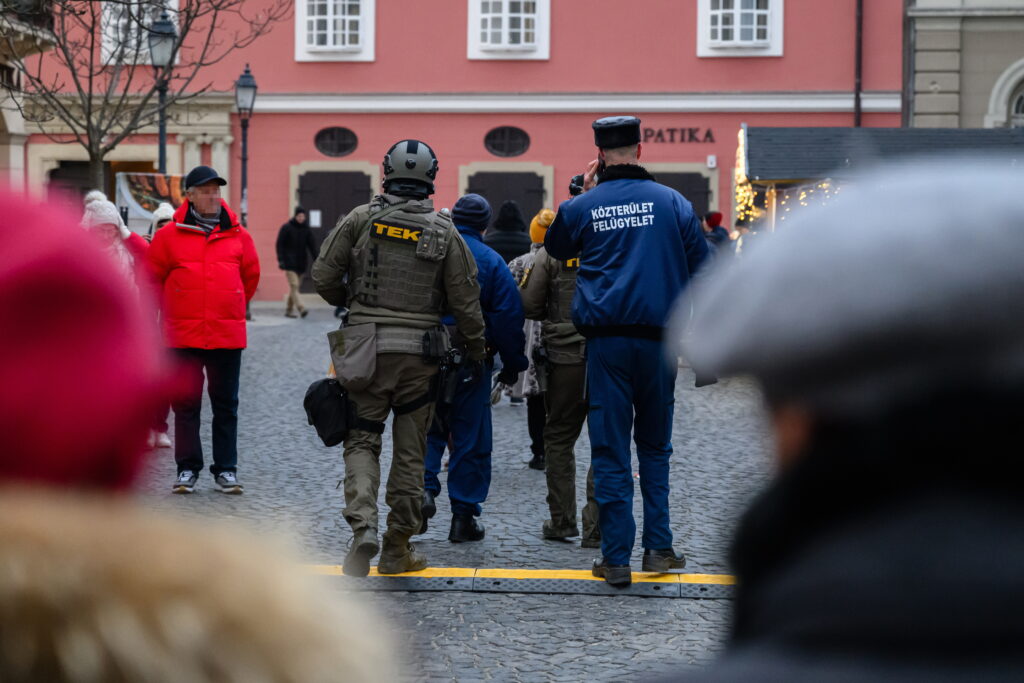
Authorities from Hungary, Slovakia, Spain, and Germany have seized 2.2 tons of cocaine linked to a Hungarian-led criminal network in the Dominican Republic, in what investigators call one of the largest international drug busts of recent years.
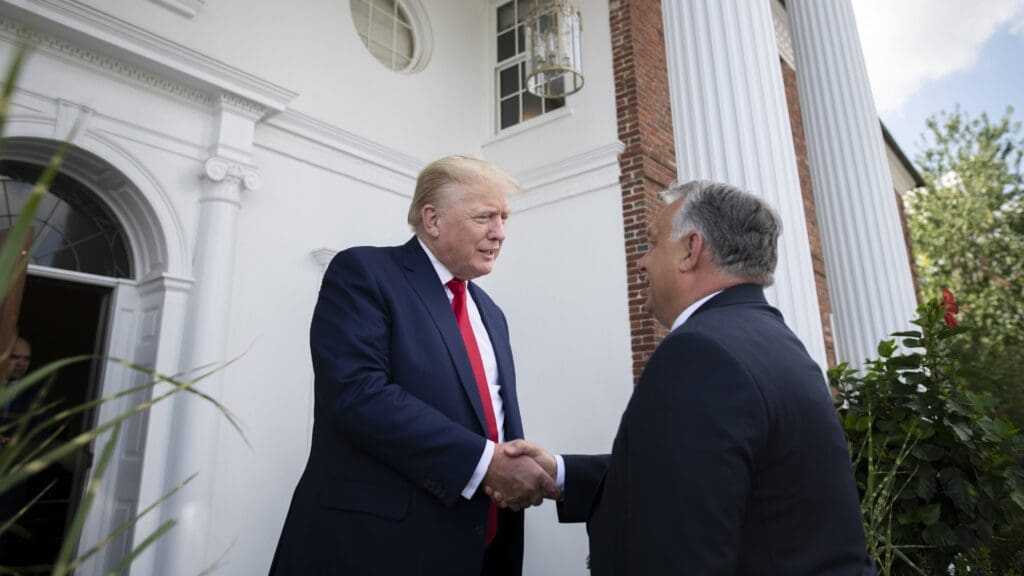
Hungarian Prime Minister Viktor Orbán is scheduled to meet US President Donald Trump at the White House on 7 November, Minister Gergely Gulyás announced on Thursday. The two leaders will discuss cooperation in energy, defence, and finance, as well as prospects for achieving peace in the Russia–Ukraine conflict.

The Budapest General Assembly has approved new restrictions on the use of fireworks during New Year’s Eve celebrations, limiting private displays to a six-hour window and banning them entirely in protected areas across the city.
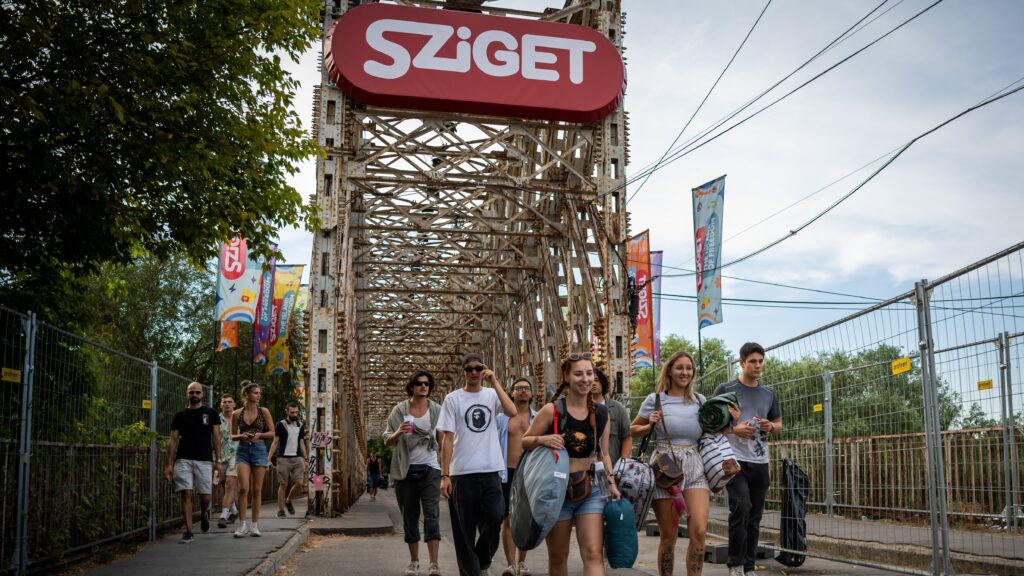
No progress was made on the future of the Sziget Festival, as the Budapest General Assembly failed to reach a majority vote on ending the city’s existing public-space contract with the organizers, leaving the fate of Hungary’s biggest music event uncertain.

Ghosts, witches, and zombies will take over Szeged Zoo this Friday, where visitors can enjoy animal feeding shows, spooky adventures, and a detective game as part of the park’s annual Halloween celebration.
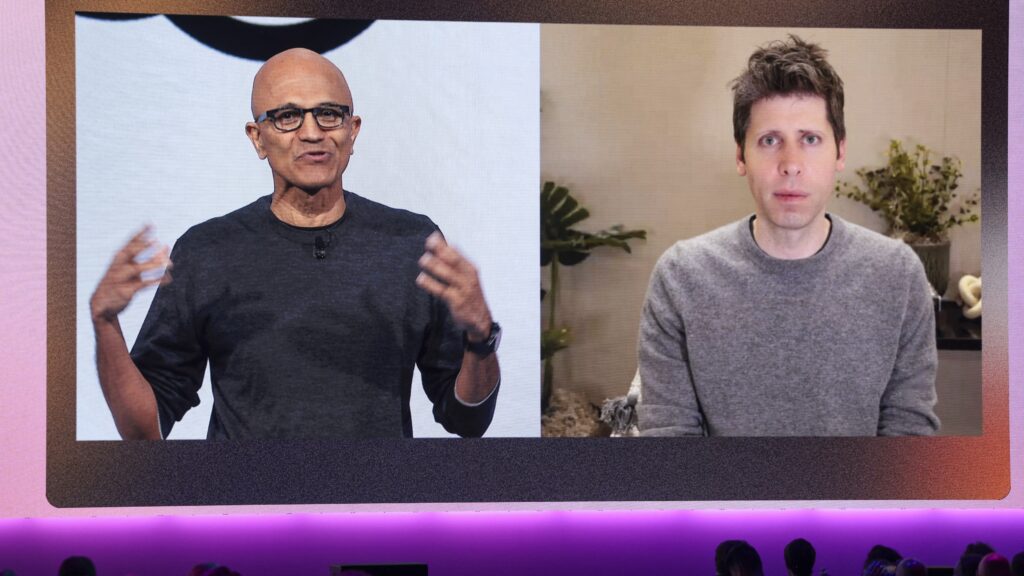
Microsoft has acquired a 27 per cent stake in OpenAI under a newly finalized partnership deal, valuing the ChatGPT developer at 135 billion dollars. The agreement redefines their collaboration and could pave the way for OpenAI’s future public listing.
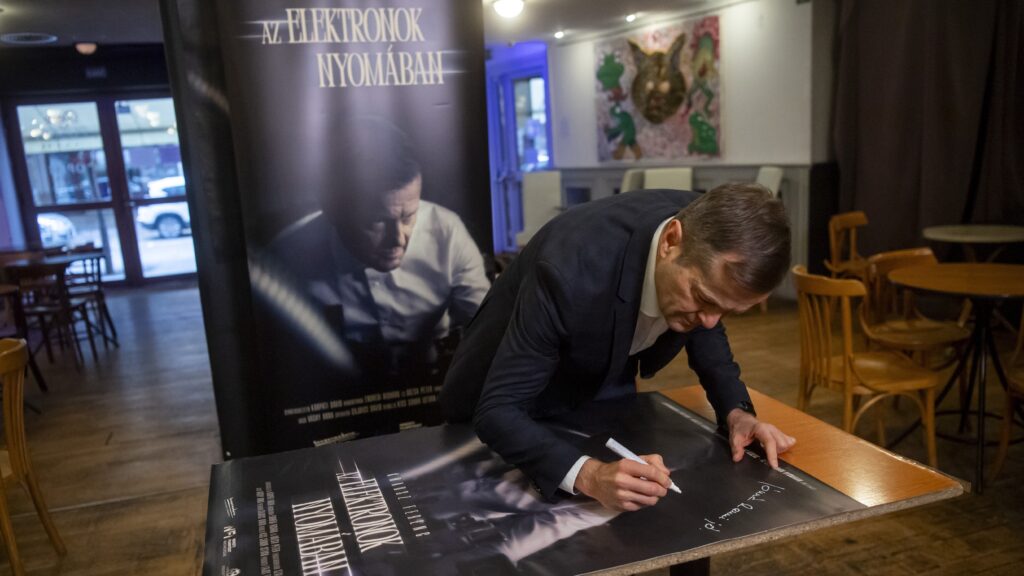
The documentary Ferenc Krausz — In Pursuit of Electrons, portraying Hungary’s Nobel Prize-winning physicist, has won Best Documentary at the Kraków International Science and Technology Film Festival over the weekend.
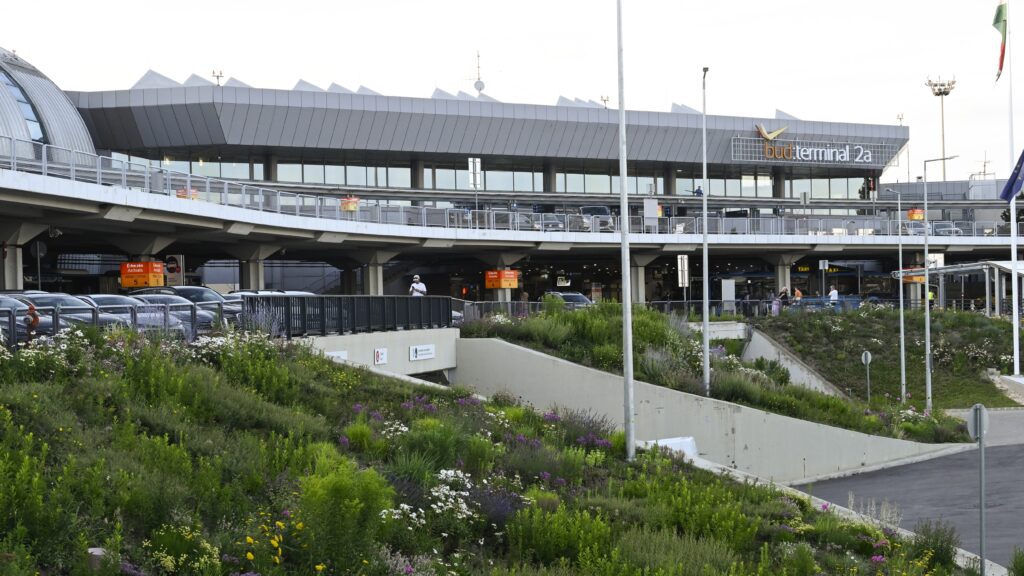
By 2028, a new six-lane road will connect Budapest and Liszt Ferenc International Airport, followed by a new railway line and a third terminal by 2035—part of a 2.5 billion euro development to turn the airport into a leading regional hub.
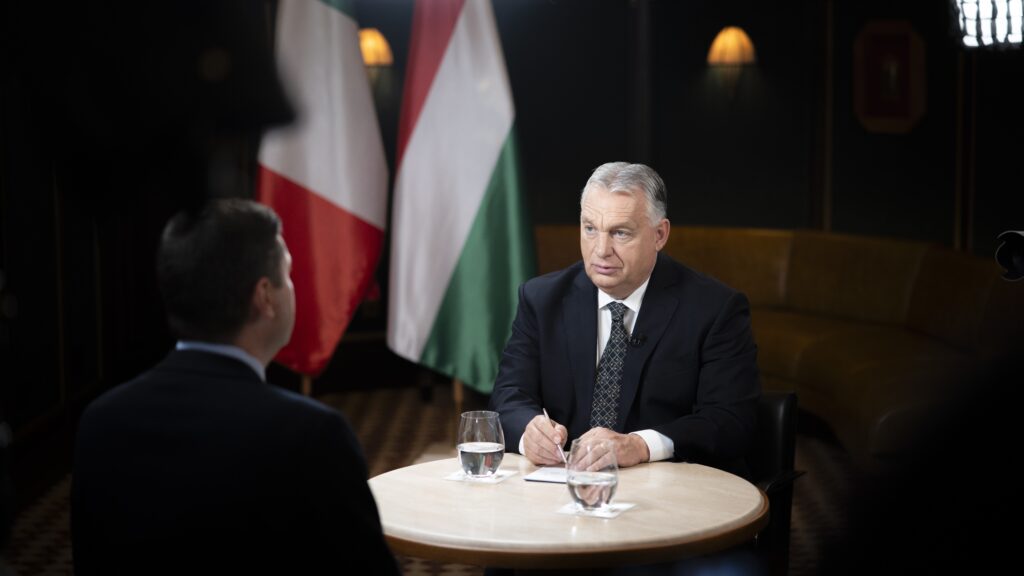
Prime Minister Viktor Orbán said he expects the number of voices opposing the war to grow daily, stressing that most of humanity supports peace, even if Western political narratives suggest otherwise.
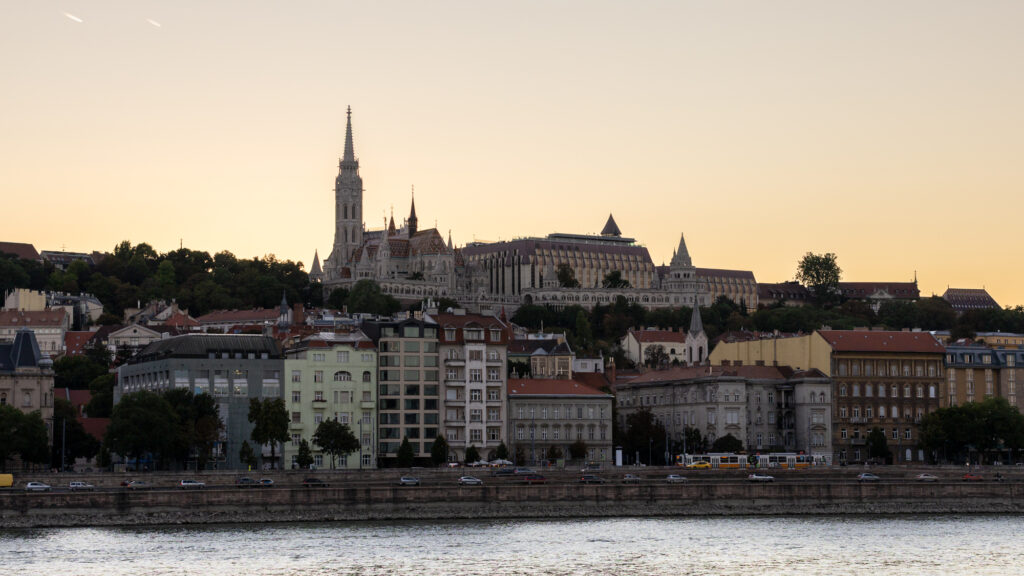
Hungary’s government has announced a new housing support programme for public sector workers, offering them an annual subsidy of 1 million forints to help with home ownership or loan repayments, starting from 1 January 2026.
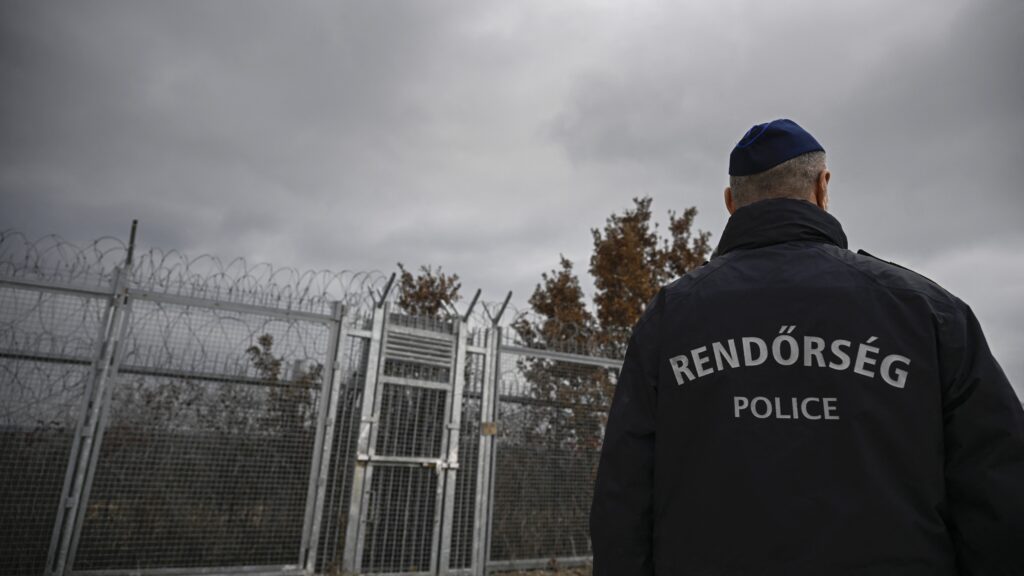
Migration pressure on Hungary’s borders is increasing, with authorities detaining 11,400 illegal border crossers this year—up from 9,300 a year ago—according to Prime Ministerial Chief Security Advisor György Bakondi.
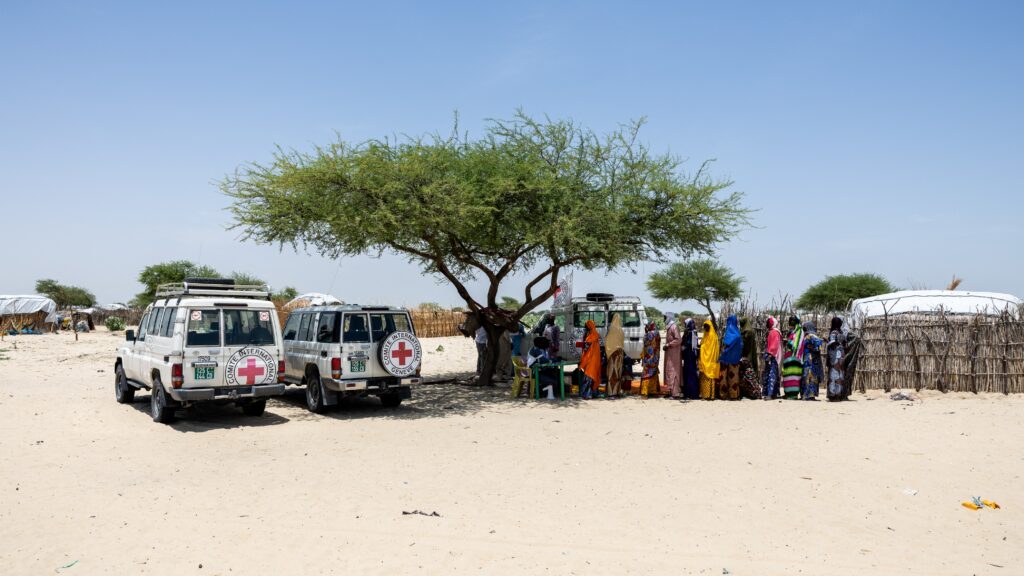
The Hungary Helps Programme has achieved tangible humanitarian results in Chad, with Hungarian experts training local doctors and conducting life-saving medical missions as part of efforts to support refugees and strengthen local resilience.
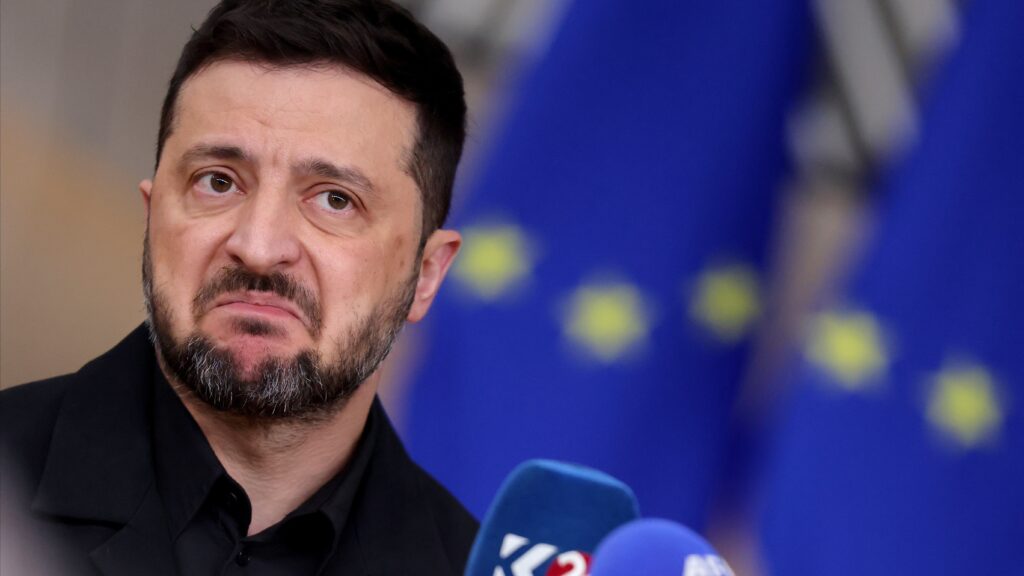
A ceasefire in Ukraine is possible only through intensified pressure on Russia, President Volodymyr Zelenskyy said at the EU summit in Brussels, calling for tougher sanctions, advanced air defense systems, and continued financial aid.

Hungary will allocate an additional 2 billion forints this year to continue joint forestry and climate programmes, bringing total investment to 12 billion forints over five years. The funds aim to expand forest cover and enhance the country’s natural carbon sinks.

The Budapest Showcase Hub (BuSH) returns for its 10th edition from 29–31 October, bringing over 30 artists from 15 countries to venues across the city, including Turbina, Gödör, and Akvárium Klub, for three days of music and professional dialogue.

Artificial intelligence is already being incorporated into Hungary’s digital textbooks, with 58 AI-related lessons or exercises available this school year—a number that continues to grow, according to State Secretary for Public Education Zoltán Maruzsa.